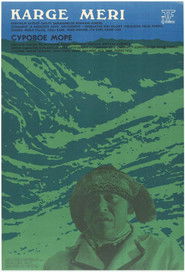
Video Sources 17 Views Report Error
Synopsis
Munro, a soldier turned lay preacher, comes to New Zealand to minister to the first British colonists, but he is converted by the powerful chief Maianui to serve a different purpose.
Original title The Convert
IMDb Rating 6.4
TMDb Rating 6.1 129 votes
Director
Director
Cast
Thomas Munro
Rangimai
Maianui
Charlotte
Captive Warrior
Akatarewa
Kedgley
Castor Samuels
Epworth Washerwoman / Epworth Dancer
Harris
Maianui Elder























